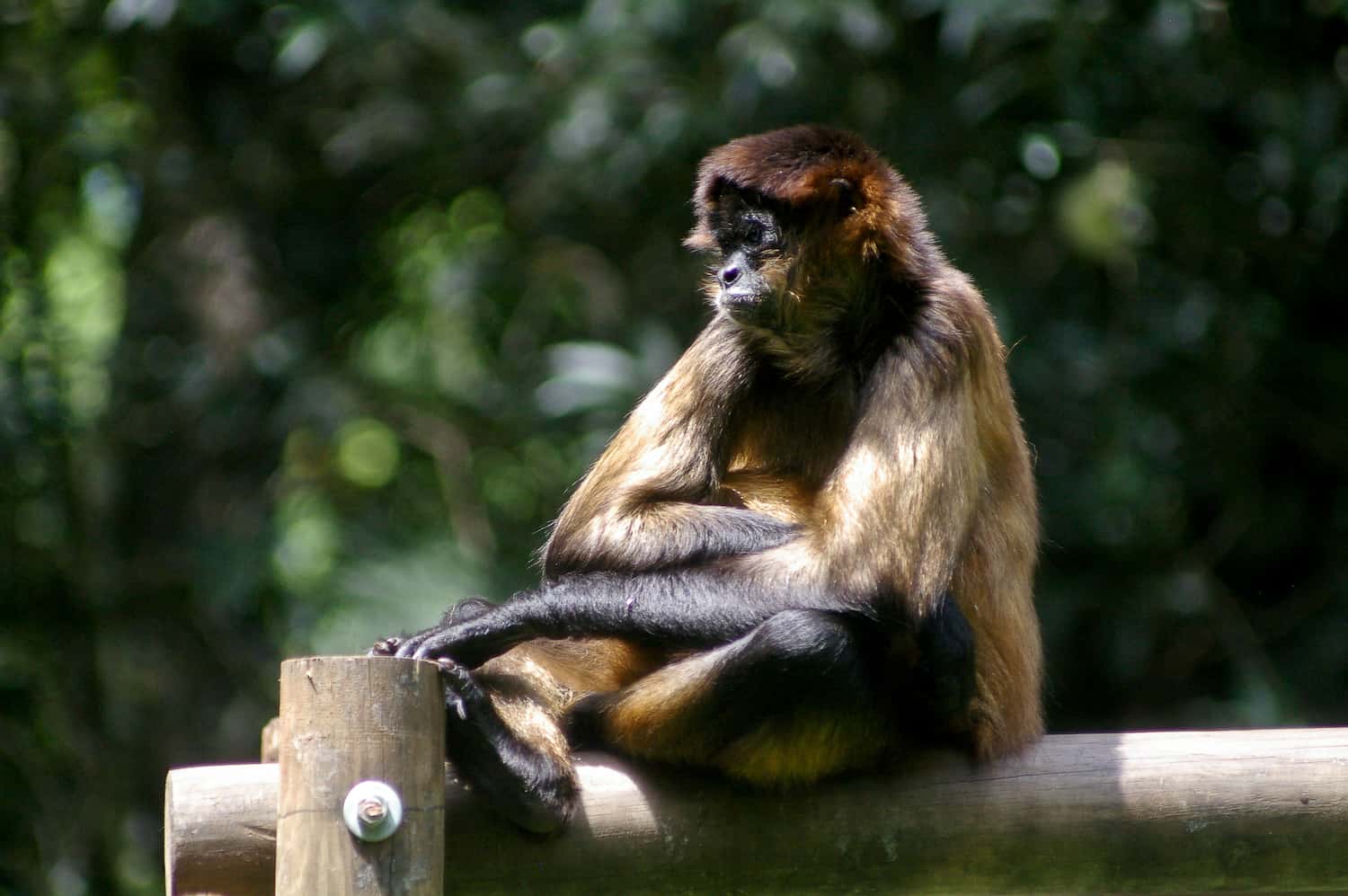El Salvador’s National Zoo, the only state-run zoo, closed Thursday for good after operating for 69 years, and its more than 400 animals will be sheltered in “conservation” places, the government announced.
“As of today, the national zoo closes permanently,” the Ministry of Culture said on its Twitter account, which posted a photo of the main entrance of the zoo, located in the southeastern sector of San Salvador.
The zoo, which used to be visited by students and families from all over the country, was the target of criticism in recent years due to the confinement and exhibition conditions in which the animals were kept.
The place houses 429 animals of a hundred species, according to the Ministry of Culture.
In February 2017, the death of a hippopotamus named “Gustavito” caused outrage in the country, after authorities reported at the time that it was attacked by unknown persons who inflicted fatal wounds with a sharp weapon.
The case provoked an avalanche of requests to the government of former president Salvador Sánchez Cerén (2014-2019), by environmentalists and animal rights defenders, to close the zoo due to the “deplorable” conditions of care and confinement of the fauna.
After its closure, the animals, which include lions, a tiger, leopards, apes, scarlet macaws, ducks, goats, snakes and crocodiles, will be transferred to “new conservation spaces” under the tutelage of the Animal Welfare Institute (IBA).
“We are not going to euthanize any animal, we are not going to have animals on exhibition, we are going to give them a dignified life so that they finish their natural cycle in the best way”, assured the president of the IBA, Javier Vásquez, through the Twitter account of that institution.
So far, it has not been detailed to which places the animals will be transferred. The zoo was created on May 26, 1953 and occupies about 7 hectares of land.
This Thursday, according to local press reports, Salvadorans who wanted to visit the zoo found the doors of the place closed. According to the Ministry of Culture, the space occupied by the zoo will be remodeled to turn it into an eco-park, but without animals.






